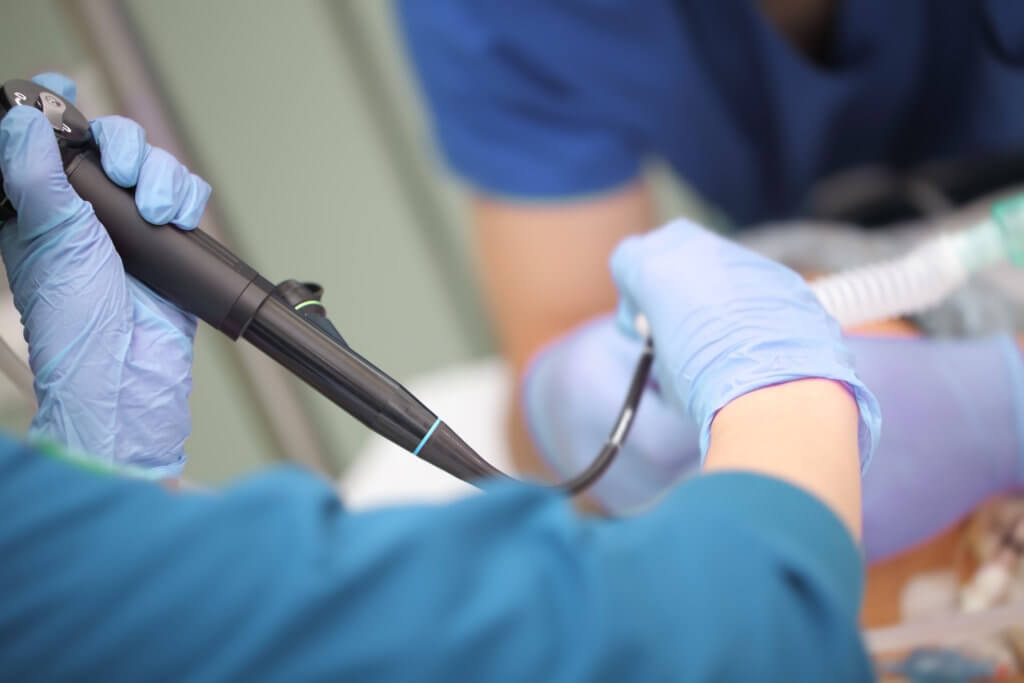
November is Bladder Health Month! Treating a bladder problem may require you to make some significant behavioral and lifestyle changes, including exercising more, taking medications, undergoing surgery, or a mixture of these treatments.
A National Institute on Aging report identifies some signs of bladder problems and offers some suggestions to help people maintain a healthy bladder.
Here are five tips:
Those who quit smoking may also lower their risk of cancer, heart attack, and lung disease. In addition, their circulation, sense of smell and taste also improve, according to the National Institute of Aging.
Food-friendly options for the bladder include fruits and vegetables with a high-water content. Examples include coconut, watermelon, cantaloupe, papaya, broccoli, kale and collard greens. In addition, fiber-rich foods such as whole grains, potatoes and legumes are also good for the bladder.
The relationship between exercise and bladder health impacts each one of these systems directly, mainly because of the intricacy of the urinary system.
Weight loss also helps reduces bladder control problems and pressure on your bladder, according to the Cleveland Clinic.
In general, drink enough fluids so that you need to urinate every few hours. If you have a condition such as heart disease or kidney failure that limits how much water you can consume, consult your healthcare provider for further details, the National Institute on Aging recommends.


